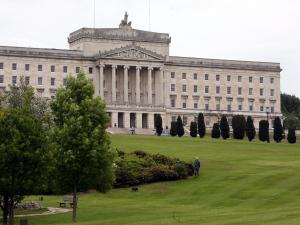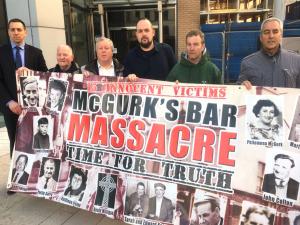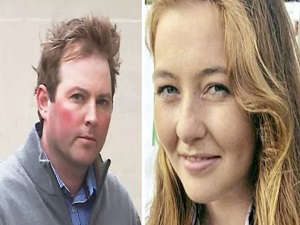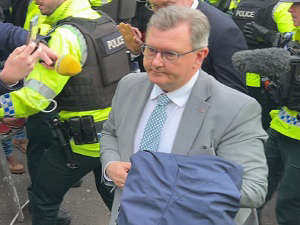
by Michael McHugh, PA
The British and Irish Governments have met Stormont’s political leaders to review power-sharing a year since it was restored.
They discussed progress made as well as the unprecedented challenges posed by the pandemic.
A joint statement said: “In light of these challenges, the participants reaffirmed their shared commitment to ensuring the sustainable and effective operation of all the devolved institutions to ensure that the interests of the people of Northern Ireland are served by their democratically elected leaders, and committed themselves to the ongoing implementation of the New Decade, New Approach agreement.”
The deal agreed in January last year ended three years of stalemate.
A nurses strike over pay as well as the shooting dead of journalist Lyra McKee by dissident republicans in Londonderry had spurred on negotiations.
Stormont power-sharing collapsed in January 2017 during a row over a botched green energy scheme.
Differences over the place of the Irish language helped stymie progress.
Endless rounds of talks failed to find a resolution.
The accord included commitments on health and education as well as pledges of extra money made by the British and Irish Governments.
Sinn Fein president Mary Lou McDonald said: “Throughout the last year, ministers have used the political space and opportunity created last January and have shown repeatedly that they are best placed to act in the interests of our people.
“At times there is sharp and legitimate disagreement between the parties who bring differing approaches to the table.
“We must accept this is the reality and I do not doubt the sincerity of any minister doing difficult work on behalf of the public we serve.”
Ministers have expressed differences over the closure of schools and the pace at which the economy was reopened last summer.
During the pandemic they have cooperated in the delivery of significant amounts of financial aid for ailing businesses, ramped up testing, planned the rollout of the vaccination campaign and tackled problems associated with a lack of protective equipment.
DUP leader Arlene Foster said the ministers would have made much more progress had it not been for the pandemic.
She told the BBC: “We have nonetheless put in place a number of issues that we committed to put in place.”
Those included publishing a mental health action plan, opening a compensation scheme for victims of historical institutional abuse and appointing a commissioner for veterans.
UUP leader Steve Aiken said: “If we were measuring progress on a balanced score card there would be far too many reds, with only a few up arrows – we should be doing much better.
“The operation of the Executive remains an issue and we have seen dysfunctionality continue in recent weeks and months; furthermore, it is unclear whether there has been an acceptance by some parties that the culture had to change – regrettably, in far too many instances, it hasn’t.
“It is clear that some parties are still to learn the lessons as to why things collapsed previously.”


 Swann refuses to rule out resigning if budget is not changed
Swann refuses to rule out resigning if budget is not changed
 Fresh inquests ordered into deaths of 15 killed in McGurk’s bomb blast
Fresh inquests ordered into deaths of 15 killed in McGurk’s bomb blast
 Trial ends after man accused of murder of young showjumper is found dead
Trial ends after man accused of murder of young showjumper is found dead
 A brief hearing and chaotic scenes as Donaldson makes first court appearance
A brief hearing and chaotic scenes as Donaldson makes first court appearance